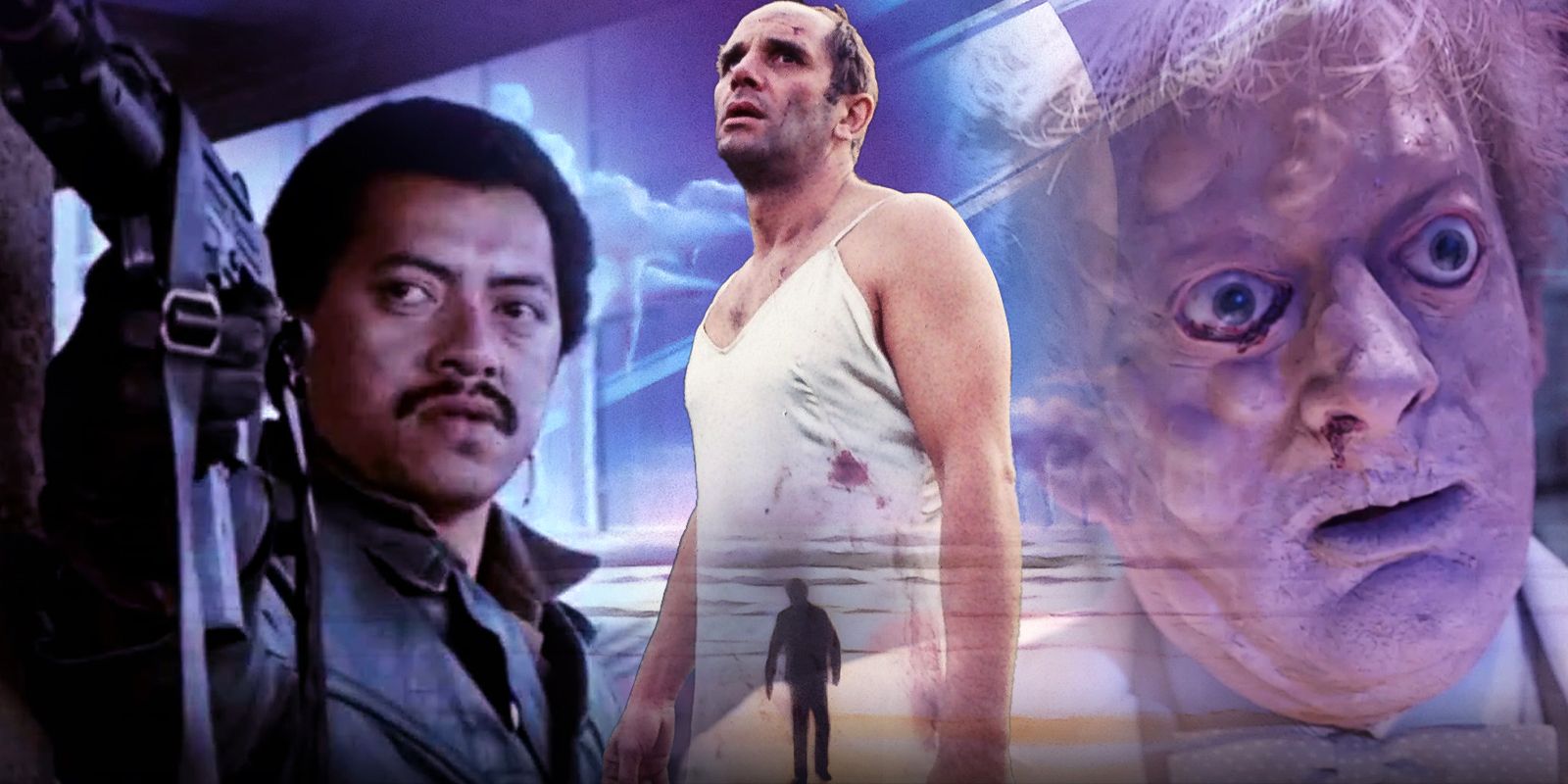
One intriguing concept in science fiction, up for debate, is when movies center around themes of “the last survivor on Earth.” These films provide a platform to explore concepts such as loneliness, freedom, insanity, and the fundamental nature of humanity when stripped down. Films like Wall-E are just a few examples of many that delve into this desolate setting, typically following a familiar pattern. However, Geoff Murphy’s 1985 New Zealand film, The Quiet Earth — based on Craig Harrison’s 1981 novel of the same name — stands out as a haunting and thought-provoking entry that not only adhered to the formula but arguably refined it by incorporating deep psychological nuances.
The Quiet Earth offers an enthralling central performance by Bruno Lawrence, a hauntingly vacant portrayal of Auckland, and a mind-bending, indelible finale that immerses viewers in a meditative reverie, as if in a prolonged dream. The film’s striking visual poetry, coupled with its explorations of existential questions about life, the afterlife, and delving into psychological realms, makes it a cult classic that, four decades later, should be prominently featured on every dedicated cinephile’s must-watch list.
The Quiet Earth is Mostly About One Man’s Apocalypse
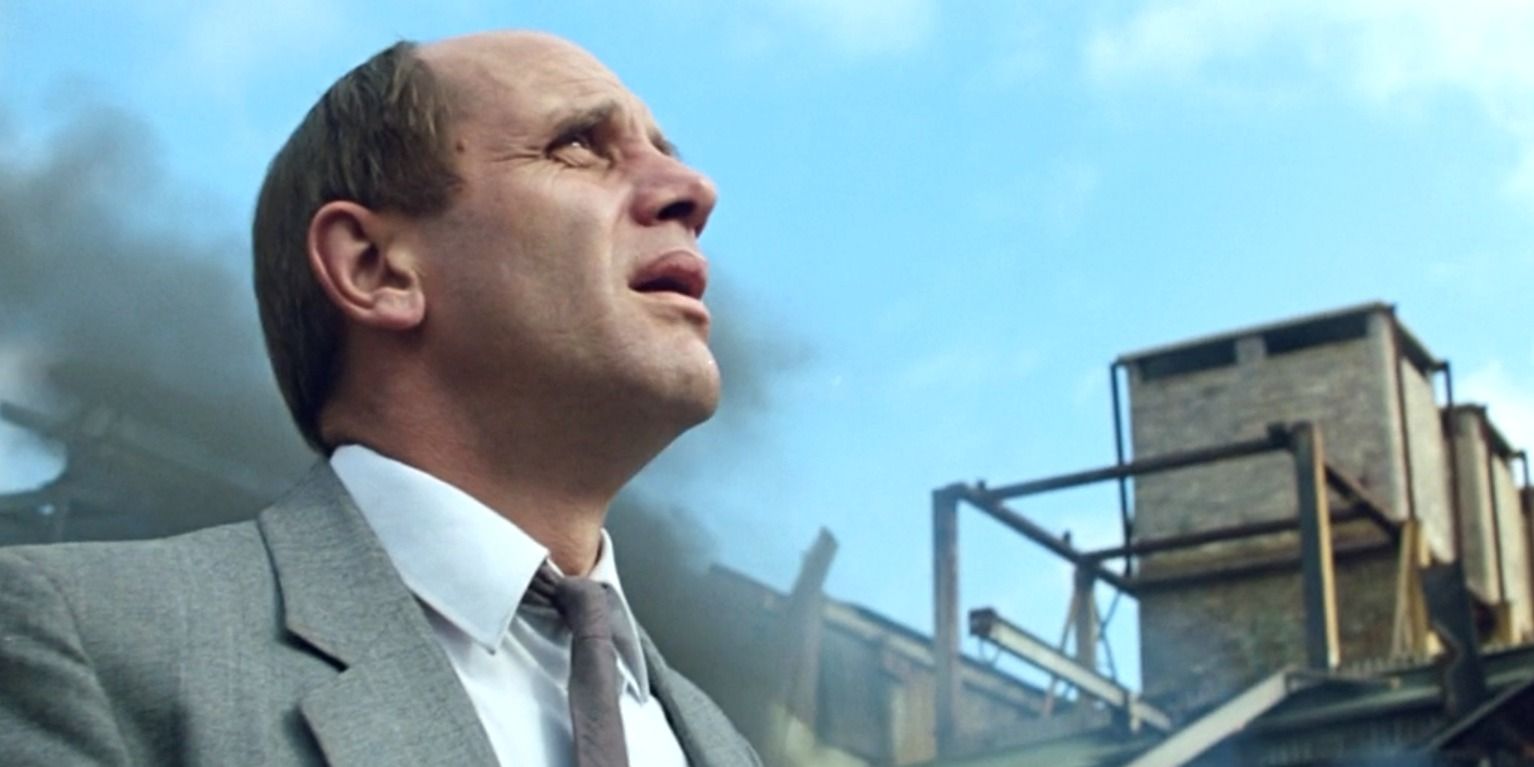
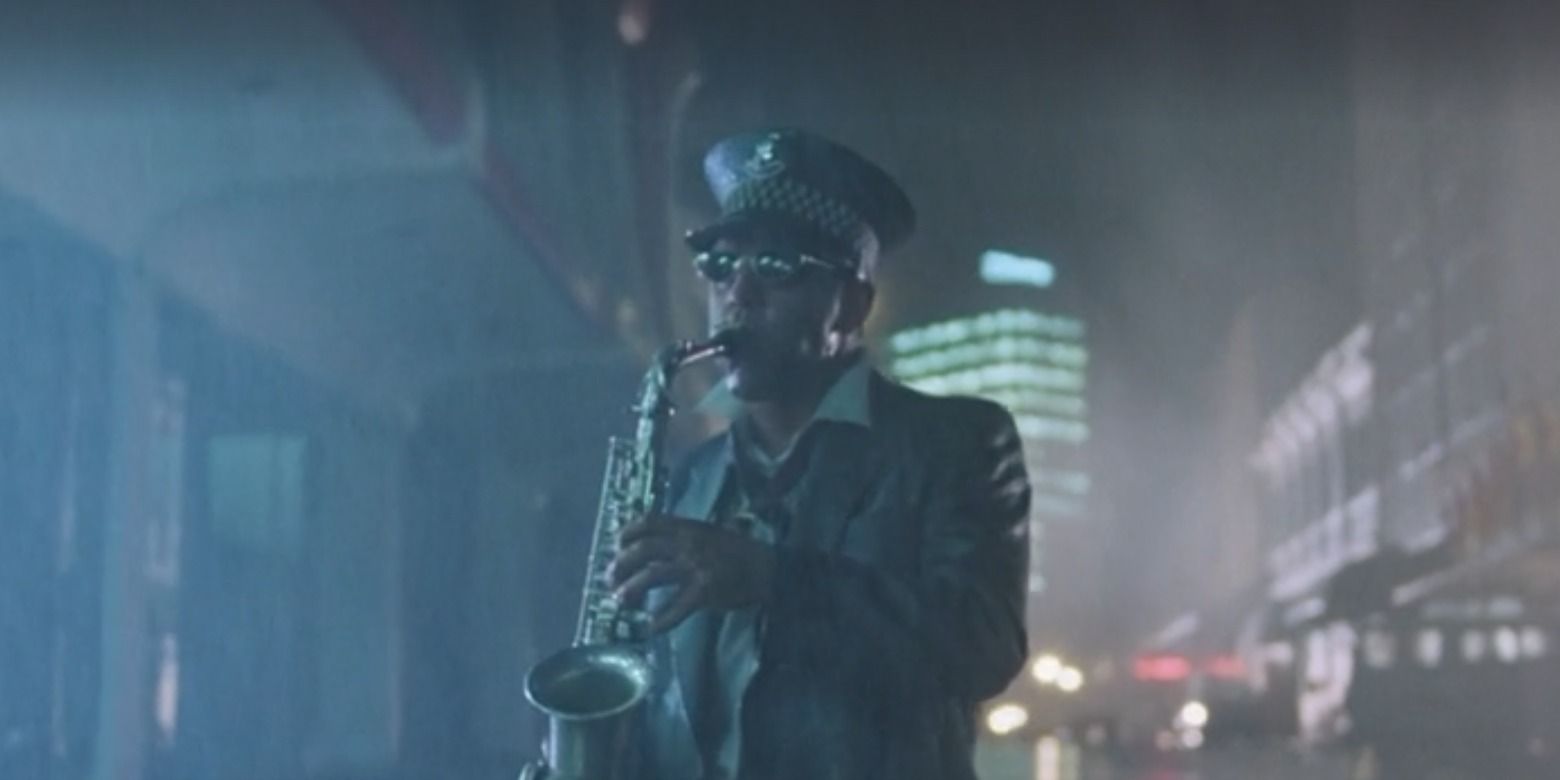
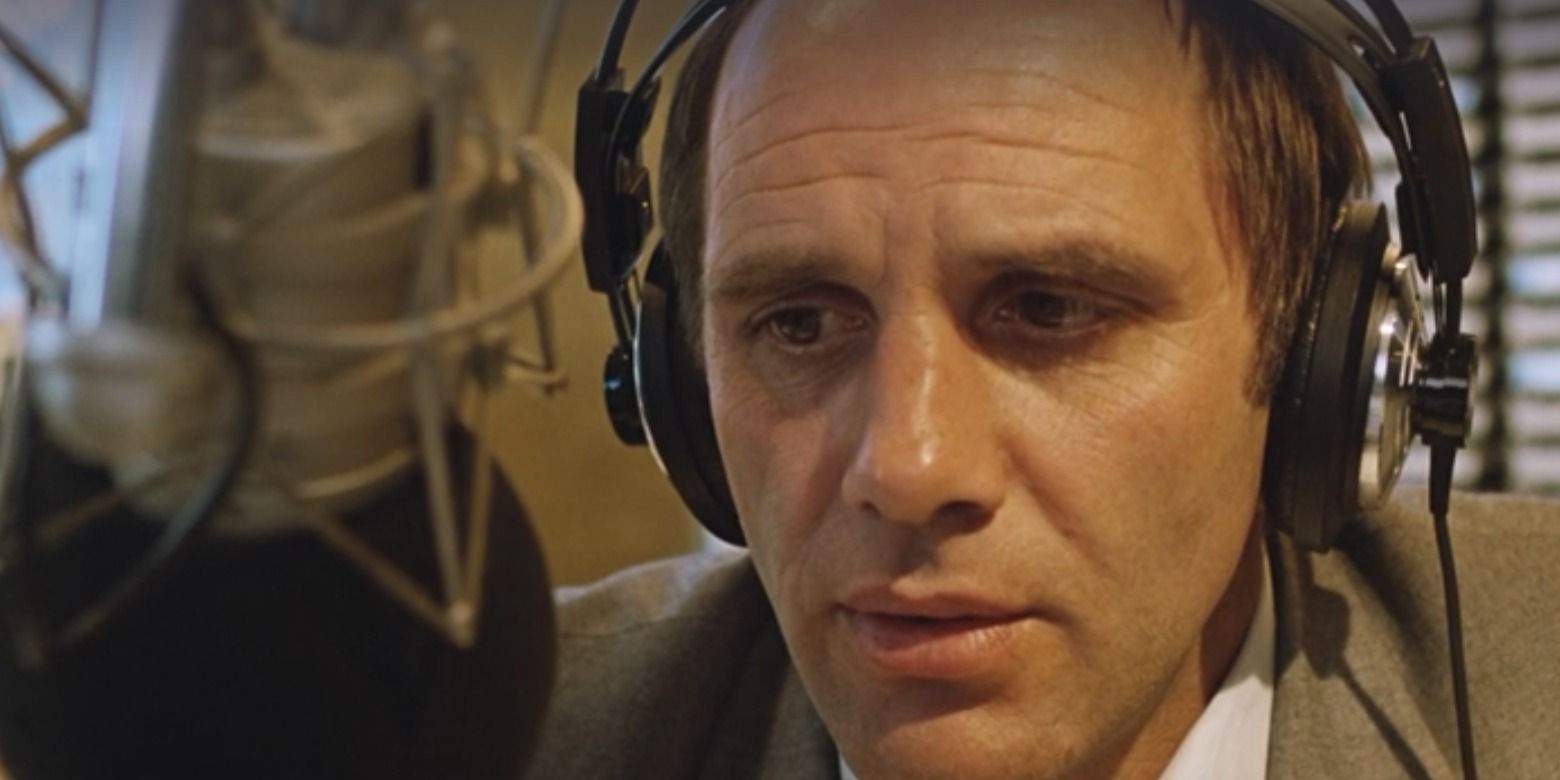
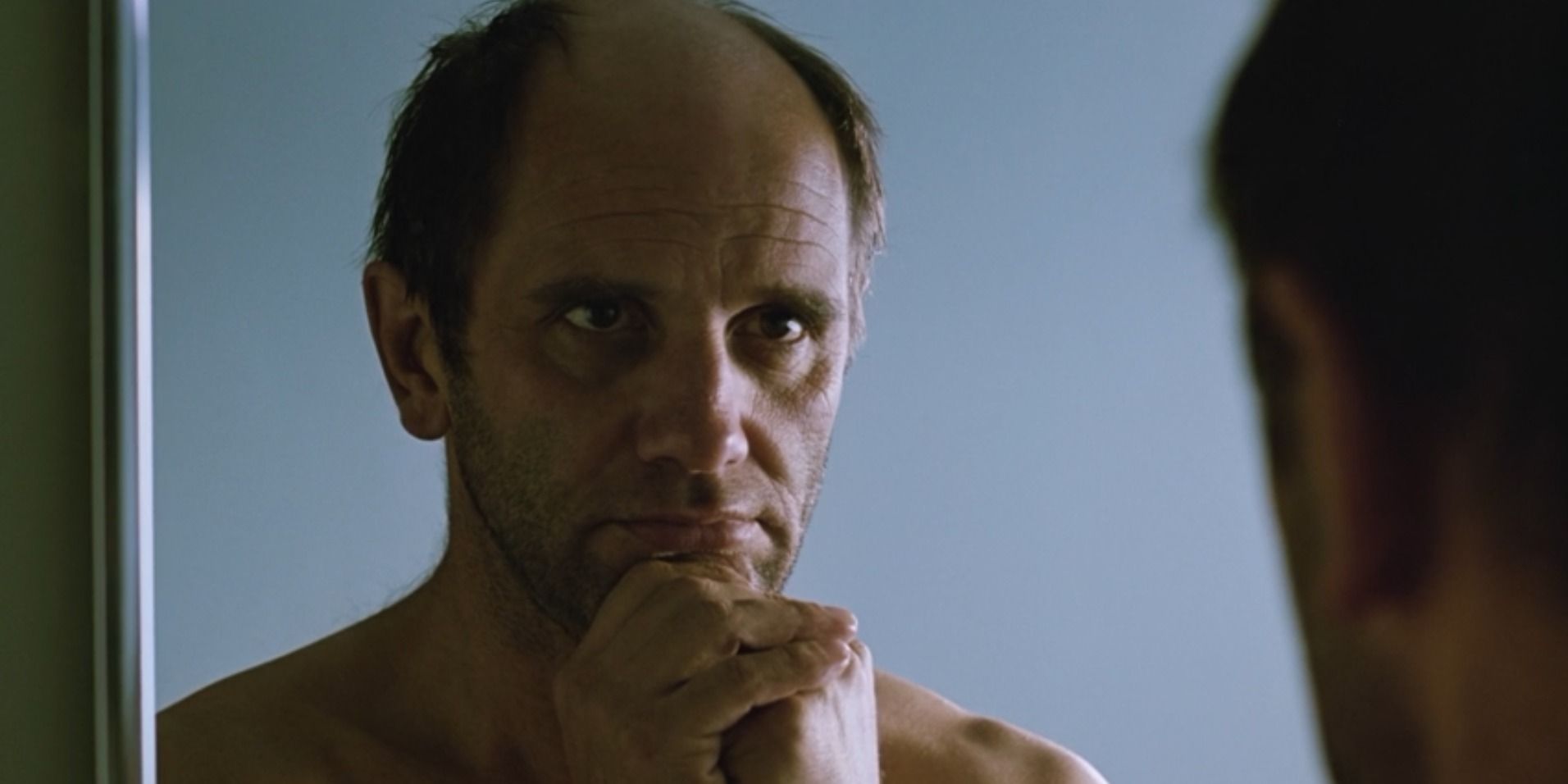
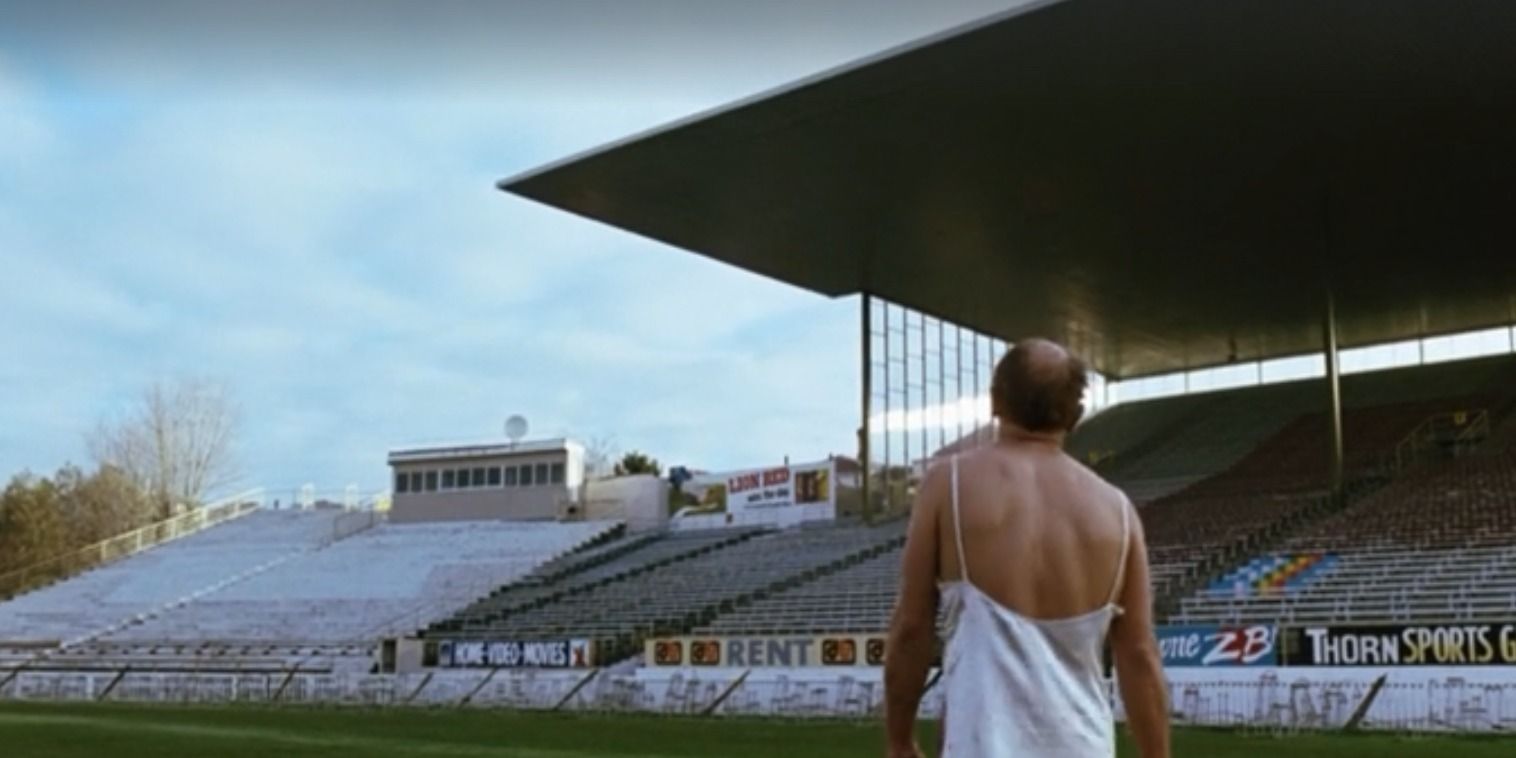
The film, titled “The Quiet Earth,” starts off in a familiar fashion for any story about the last man on earth. A scientist named Zac Hobson, portrayed by Bruno Lawrence, wakes up at exactly 6:12 AM to a world eerily quiet. Peering out his window, he notices the sun dimming slightly, surrounded by a peculiar red aura – this is “The Effect,” a worldwide catastrophe linked to “Operation Flashlight,” an international energy project Zac had serious reservations about. Stepping outside his motel, he encounters scenes of an apocalypse: vehicles are abandoned in the middle of the road, a plane sits ominously on a suburban street, but there’s no sign of life, just an unsettling, absurd tranquility and silence.
In this one-man performance by Lawrence, viewers observe Zac experiencing typical phases of solitude, starting with a growing sense of terror, followed by a period where he revels in the unrestricted indulgence offered by a civilization’s remnants. This includes moving into a grand house, satisfying his whims, and amassing possessions. Lawrence skillfully portrays Zac’s mental deterioration, which is anything but routine. It’s a gritty, sometimes uncomfortable, and profoundly human representation. Eventually, after basking in his solitary existence with all the resources at his disposal, Zac succumbs to madness.
In the following scene, Zac strives to preserve a sense of normality by broadcasting prerecorded speeches to what he perceives as “the nation” using a stack of recorders, an anxious display of control. However, this facade quickly crumbles, revealing a terrifying obsession with power. One of the movie’s most memorable and unsettling moments occurs when Zac slips into a woman’s nightgown, delivers a disjointed yet pompous speech from a balcony to an audience of cardboard figures representing historical figures (Hitler, Nixon, Alfred Hitchcock, the Pope), and proclaims himself “President of this tranquil Earth.” He admits, “I have channeled all my scientific abilities into projects I knew could be used for malicious purposes. For the greater good,” they claimed.
In the gripping continuation of this movie, I find myself following a harrowing scene where my character, Zac, strides towards a church armed, ultimately taking a stand before an image of Jesus Christ. Desperate and volatile, he threatens, “If you don’t show yourself, I’ll shoot the child!” This sequence escalates into a profoundly blasphemous rampage, as he declares, “I am God!” after firing upon the statue of Jesus, moments away from turning the gun on himself.
The visuals here portray a mind tormented by guilt and isolation, a torment Lawrence masterfully conveys throughout one-third of the film singlehandedly. However, after wandering aimlessly in search of meaning and experiencing manic episodes, Zac unexpectedly encounters “Eve”.
The Quiet Earth Reveals More Survivors & Deepens Its Philosophical Tone
Auckland Turns Into a Doomed Eden
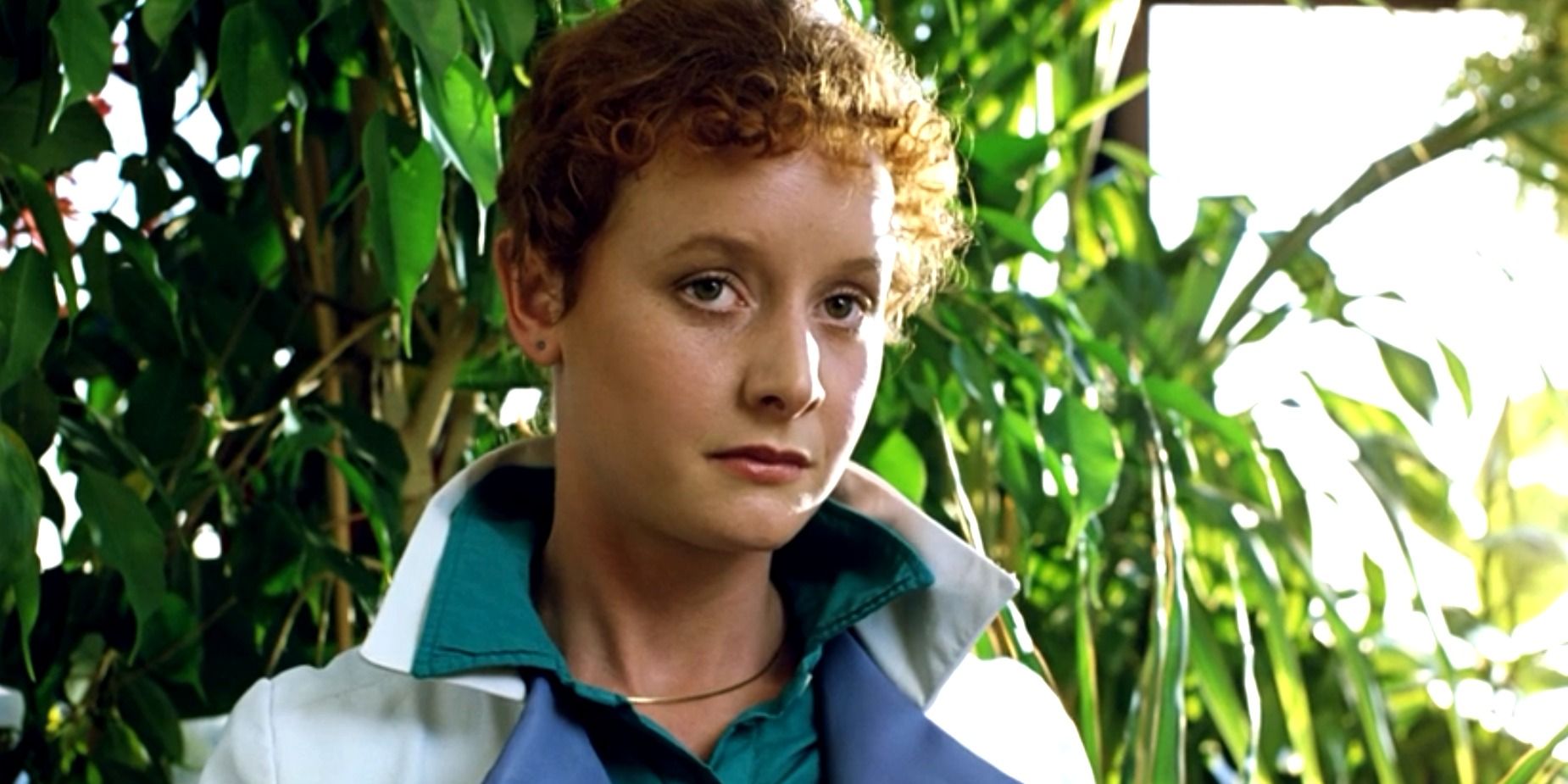
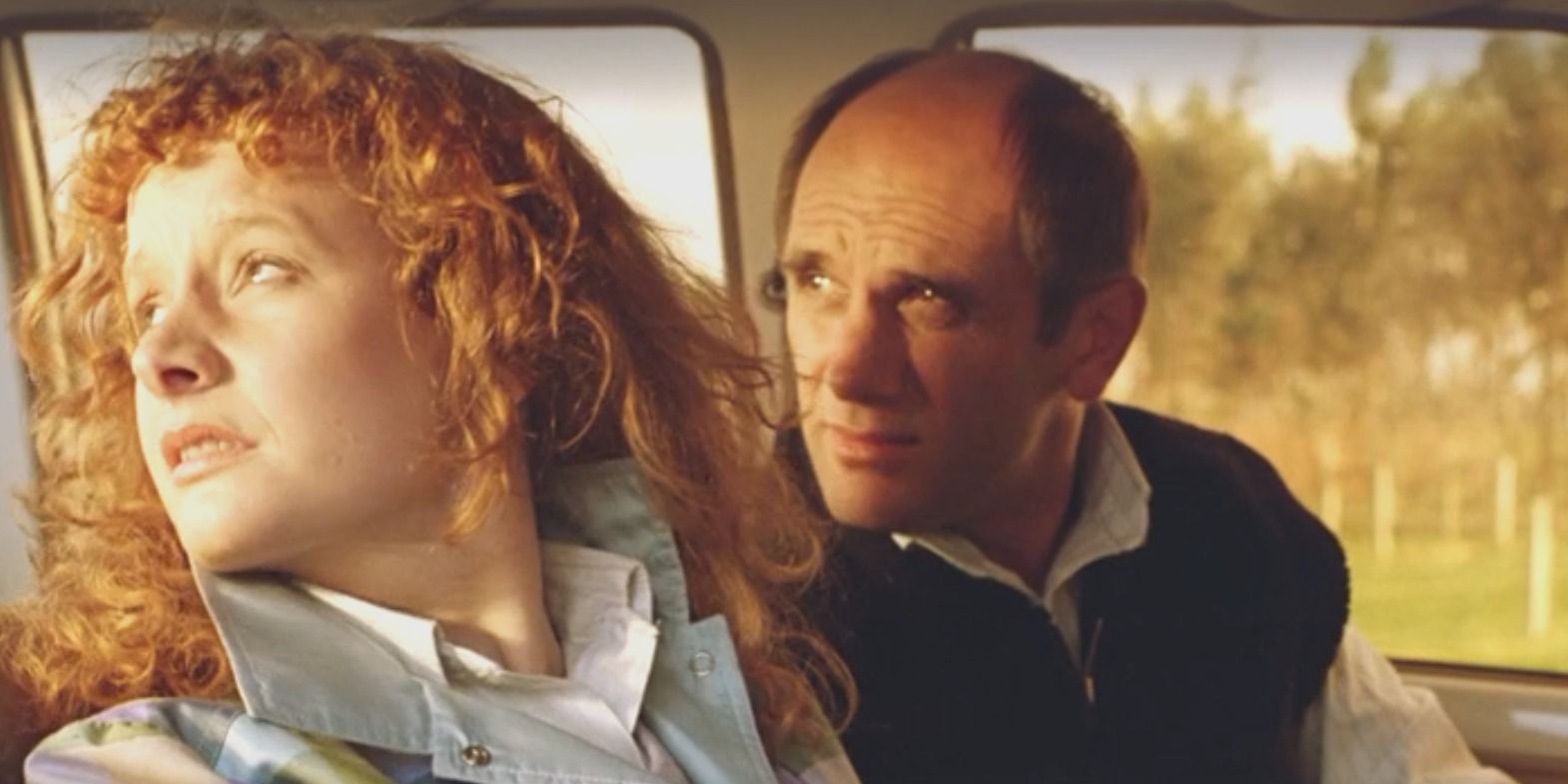
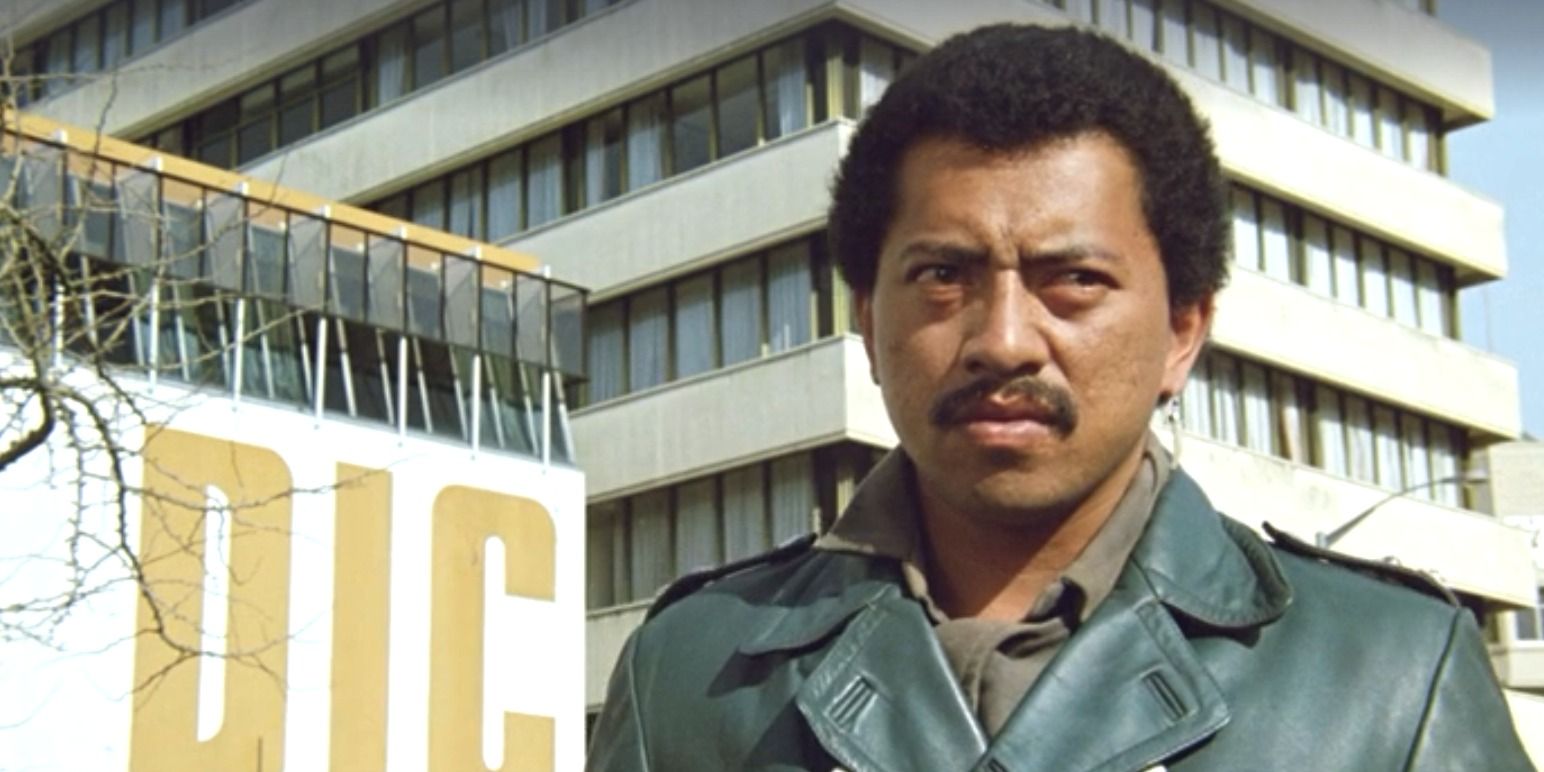
Initially, when Zac seems to have reached his lowest point, the character Joanne (Alison Routledge), another survivor, is introduced in The Quiet Earth. At first, she appears threatening, wielding a shotgun, but later becomes a source of hope for Zac. Without hesitation, they quickly embrace each other, both yearning for human connection. A tender romance subsequently develops between them, hinting at the possibility that they might be the last two humans on Earth. This stage could seem predictable, but the film cleverly employs it to delve into complex themes of interdependence and seeking purpose beyond mere existence.
In the narrative, Api, who is a Māori man named Peter Smith, enters as the third survivor, thereby adding another dimension to the storyline, incorporating the classic “love triangle” motif. At the same time, he brings racial and societal tensions into play. Zac’s thoughts reveal an unfair presumption that Api, due to his ethnicity, might not grasp the situation, even if it were explained to him – a sobering illustration of deep-seated prejudices that linger, even in the final days of humanity. These interactions cause the film to delve deeper, exploring not only individual mental states but also the difficulties of establishing a new community.
Essentially, it becomes clear that each of the three survivors – Zac from his suicide attempt, Joanne electrocuted by a malfunctioning hairdryer, and Api drowned in a fight with a friend – were at the brink of death when “The Incident” occurred. This shared near-death experience leads Zac to pose the film’s key philosophical query: “Weren’t we all on the verge of death?” he ponders, later questioning whether they had been transported into another realm or if the occurrence modified the very structure of space and time.
This movie really stands out from others by delving into themes of mysticism and existentialism. The Quiet Earth subtly implies that their survival might not be a mere coincidence, but instead linked to their proximity to death, implying a purgatorial state or a reality shaped by guilt and the need for atonement, especially for Zac and his involvement in Operation Flashlight. During a conversation about survival theory, Joanne makes a joke, “God blinked, and the entire world disappeared”, hinting that this event is not just a quantum fluke.
The Quiet Earth Redefines Apocalypse with its Unforgettable Ending
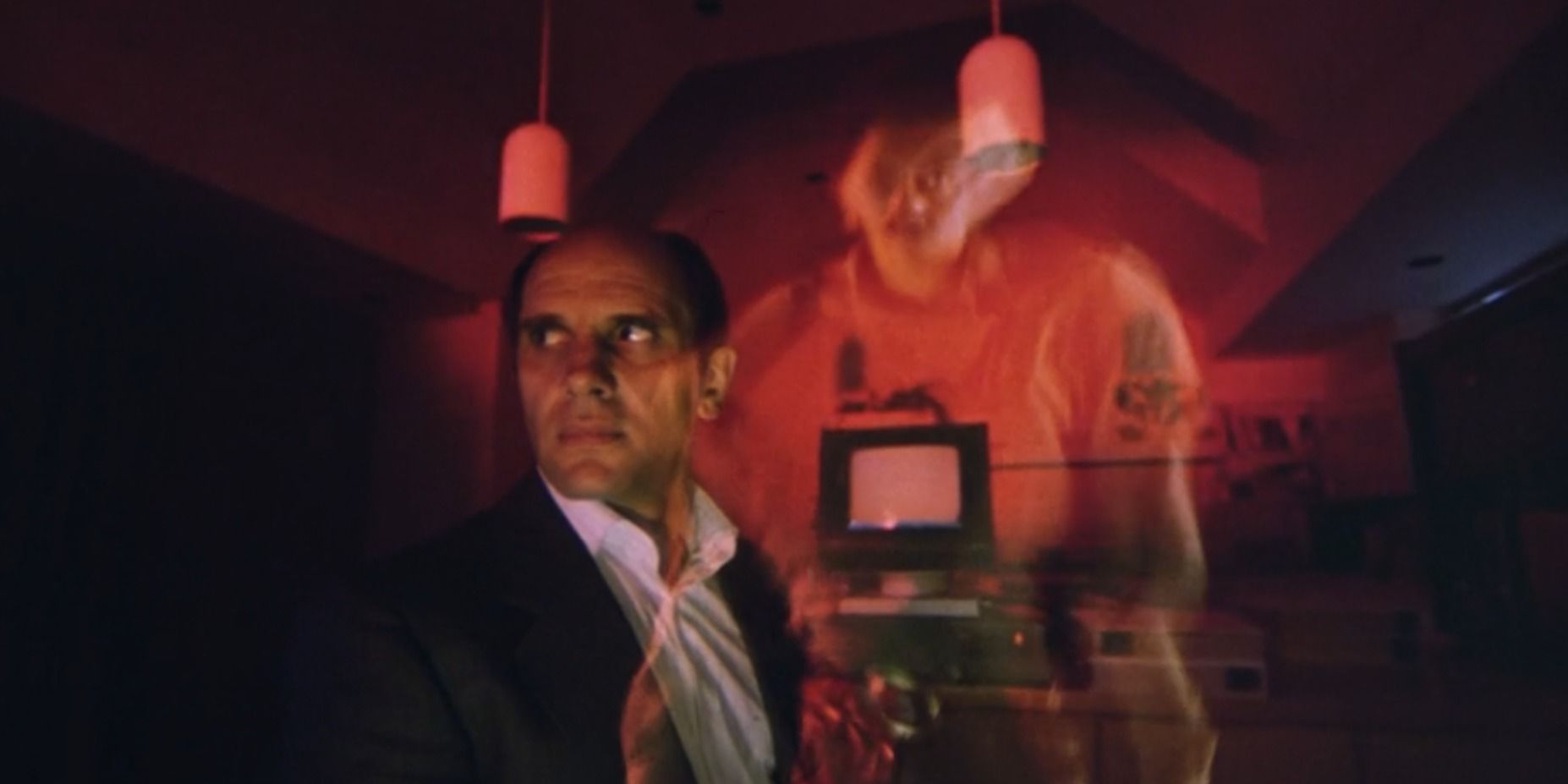
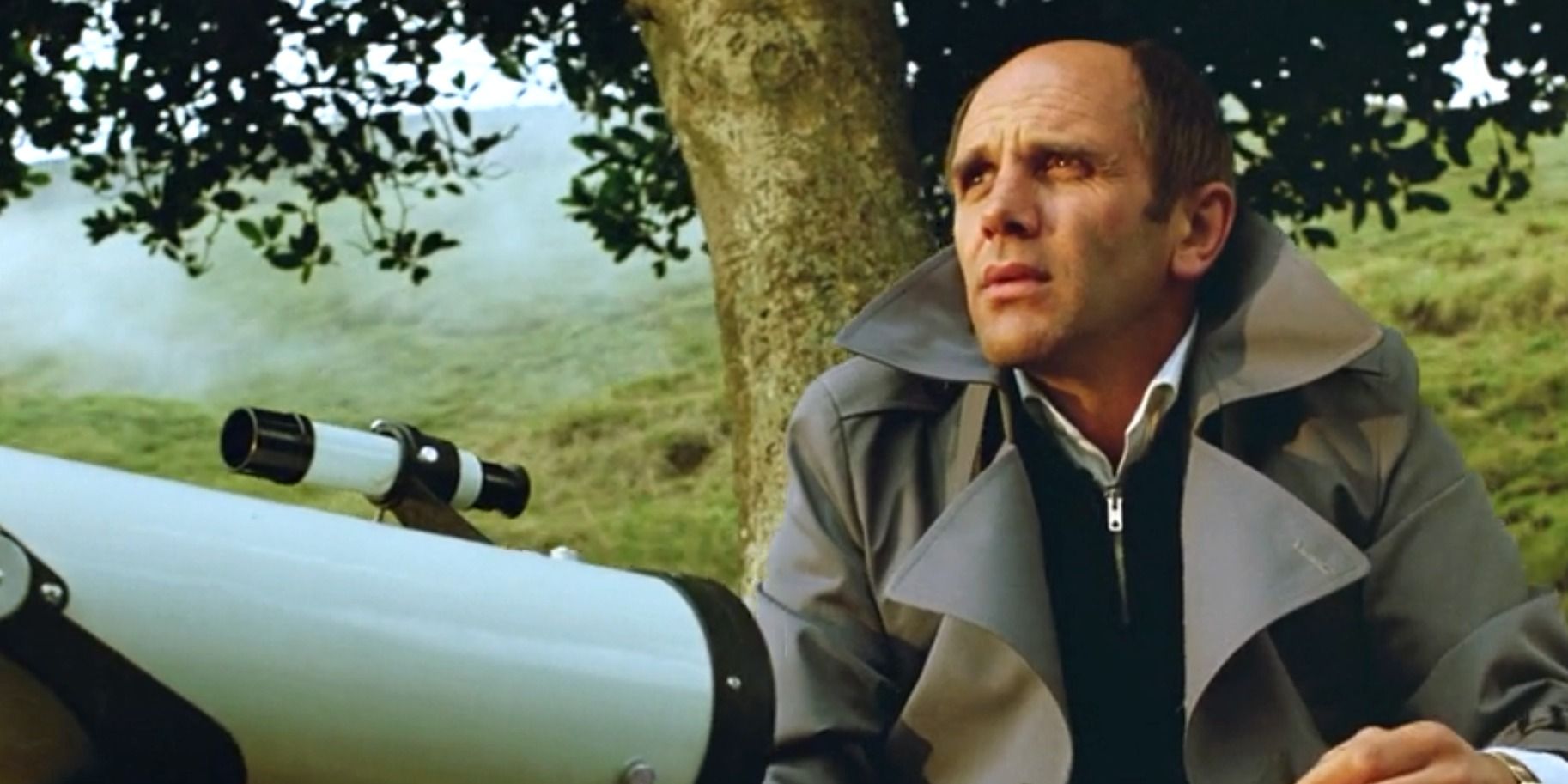
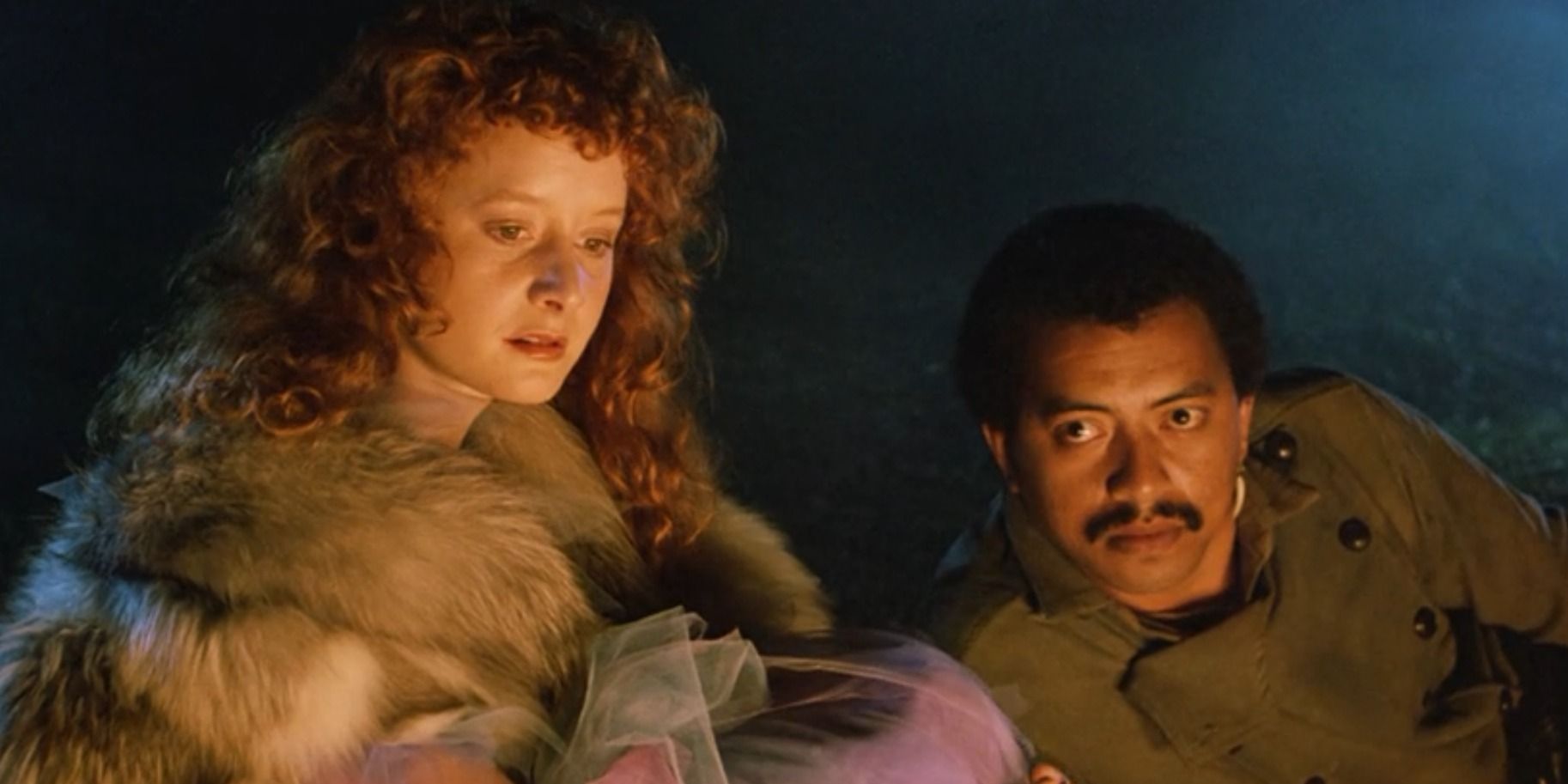
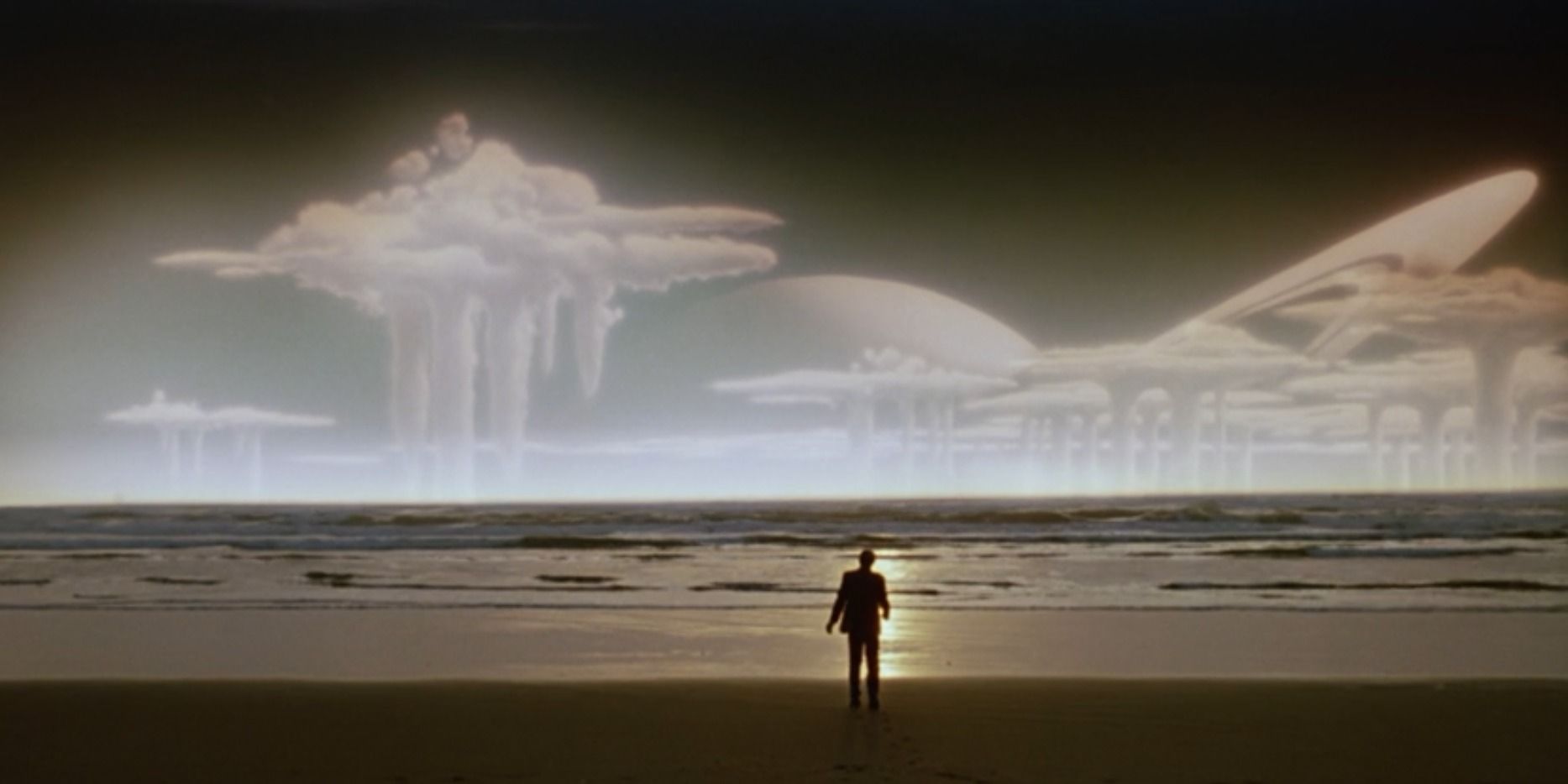
In its climactic scene, The Quiet Earth breaks away from conventional patterns and solidifies its status as a cult classic with what might well be one of science fiction’s most striking twists: Zac uncovers that “The Effect” is recurring, on the verge of happening once more. Convinced he can prevent it by dismantling the source of this phenomenon, the research facility, he concocts a self-sacrificing scheme.
In a clever ploy that could also be interpreted as selfless action (the movie doesn’t clearly decide), he devises a ruse to send Joanne and Api away together, before deliberately crashing a truck packed with explosives into the building. As the compound detonates at exactly 6:12 AM, synchronizing with the second energy surge, Zac is engulfed in light. He miraculously appears to be unhurt, waking up on a desolate, otherworldly beach later. The sky is filled with strange, twirling cloud patterns, and an enormous planet resembling Saturn, with rings, hovers alarmingly close over the sea. Neither Joanne nor Api are in sight anywhere.
In this rephrased version, here’s how the text might look:
For the second time, Zac is the lone survivor, standing tall with his figure gazing out over a stunning panorama as the movie concludes without providing any answers. The ending leaves many questions unanswered. In a DVD commentary, the film’s producer hinted that Zac died at the moment of the effect for a second time and has now entered another realm. However, the movie itself is intentionally vague about this, allowing viewers to form their own interpretations.
In “The Quiet Earth,” the director, Geoff Murphy, along with editor Michael Horton, masterfully redefine the “last man” narrative by transitioning from a terrestrial apocalypse to a cosmic enigma. This film leaves viewers with a thought-provoking visual puzzle of existentialism that lingers long after watching. Among post-apocalyptic sci-fi films, “The Quiet Earth” stands out due to its focus on creating a haunting atmosphere, portraying psychological realism, and posing profound questions rather than offering simple solutions. Every film enthusiast should consider it a must-watch.
Read More
- Clash Royale Best Boss Bandit Champion decks
- Vampire’s Fall 2 redeem codes and how to use them (June 2025)
- World Eternal Online promo codes and how to use them (September 2025)
- Best Arena 9 Decks in Clast Royale
- How to find the Roaming Oak Tree in Heartopia
- Mobile Legends January 2026 Leaks: Upcoming new skins, heroes, events and more
- Solo Leveling Season 3 release date and details: “It may continue or it may not. Personally, I really hope that it does.”
- ATHENA: Blood Twins Hero Tier List
- How To Watch Tell Me Lies Season 3 Online And Stream The Hit Hulu Drama From Anywhere
- Sunday City: Life RolePlay redeem codes and how to use them (November 2025)
2025-05-17 16:06